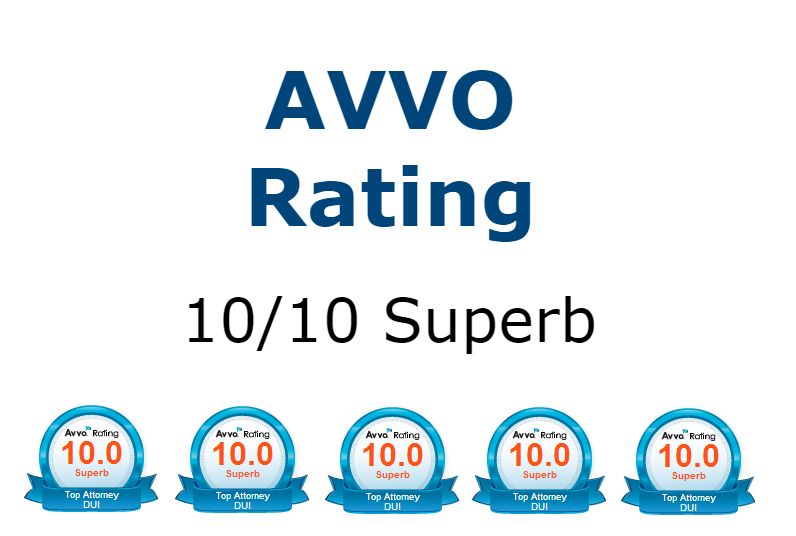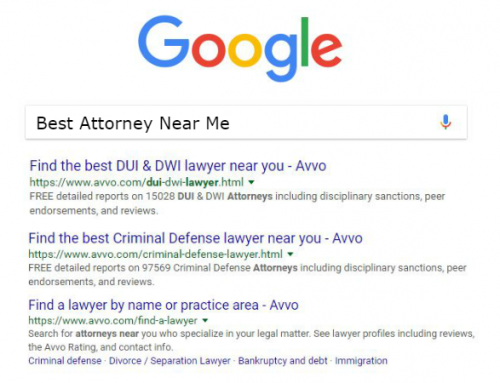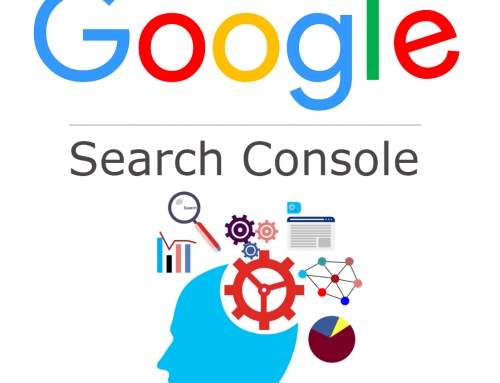What happens when your prospective clients search for “DUI lawyer, City X,” or “Personal injury attorney, City Y”? Google and other search engines return tens of thousands of results. And somewhere in there is your website. It is critical that it be as close to the top of page one as possible, preferably occupying the number one spot.
In the wake of Google’s so-called Pigeon Update, which once again features legal directories above individual lawyers or firms, this is increasingly difficult to do. How can you enhance your standing on search engine results pages?
The first, most potent step you can take is to provide high-quality, original content related to your specialty. Authoritative content allows you to share your insights and draw people to your site and, ultimately, to your services. When you are relevant to searchers, you’re relevant to Google.
Other avenues to explore:
Google+
Local search placements are critical, especially for legal professionals. Searchers want an experienced, authoritative attorney in their area who can help. If you do not have a Google+ Local page, create one and verify ownership of the listing. Make sure that you properly categorize your services (e.g., “Criminal Justice Attorney”) so you will appear in relevant search queries. Be as specific as you can in describing your offerings.
Please be sure your listing accurately reflects your name and/or that of your firm, your complete physical address and your local (not toll-free) phone number. “Local” is the key word. In fact, the Pigeon Update was spurred by attempts to make local search more relevant. But regardless of whether your site was affected by the update, local search has taken over the internet. Nearly three quarters of searches are related to inquirers’ locale.
To ensure that prospects can find you, also include your city or state in your website title tag, and your service keyword (e.g. “DUI attorney”) in your business title to provide further specificity to searchers – and search engines.
Google+ allows you to share content, posts, links, videos, reviews, ratings, and more. To take it to the next level, ask former clients to share reviews on Google+. This builds credibility with online audiences and enhances search results. Google takes these reviews and ratings into consideration when it determines your rank because it wants to deliver the best solution to its users.
AdWords
When you create an AdWords campaign, you can ensure that your name or firm appears prominently in the search results. PPC, or pay-per-click, ads typically appear both at the top and on the right side of organic results, and allow you to target specific search terms.
When used in conjunction with authoritative content marketing, organic search optimization, and other techniques, AdWords can help you gain visibility and increase click-through-rates (CTR). Google has recently added a feature that further facilitates this: review extensions.
Review extensions allow you display an “accurate, current, credible, non-duplicative third-party review” in your ad. According to Google, this can increase your CTR by 10%. Searchers want validation that you are, in fact, an expert. They want proof, and they trust the advice and opinion of peers. Adding these boosts your credibility and visibility.
Yet another option to consider is click-to-call, or adding a phone number to your ad. Searchers can simply click on the link, via mobile or desktop device such as Skype, and call you directly. The cost-per-click is the same as a traditional ad. Given that 70 percent of mobile users call a business directly after seeing an ad, though, this is an effective way to increase your conversion rate.
User-Generated Content: Reviews
A theme you may have noticed thus far is user reviews. When people purchase products, they read the customer views carefully, and they trust them more than advertising claims. It is much the same when individuals are looking for legal representation. They want someone who is trustworthy and has proven to be effective. Your content demonstrates this and your reviews reinforce it.
You can enhance your rankings in search engines and local directories by featuring positive reviews. Understandably, your clients are apt to be in a much more sensitive position than someone who purchased a product on Amazon. They may not feel comfortable leaving their names. That’s the nature of the legal industry. Encourage them, however, to leave initials and/or the name of the city in which they were represented.
Another avenue to venture down is peer reviews. Associates, partners, opposing counsel, and other experts can render an opinion that carries weight as well. Make sure to include this “social proof” on your website and legal directory listings.
A sound Internet marketing strategy for attorneys incorporates authoritative text, social media, ad campaigns, user reviews, and other techniques to build a strong online presence that aligns with your offline presence. This way, it doesn’t really matter what updates Google decides to push. You are well-positioned to continue offering value to your audience.[/fusion_builder_column][/fusion_builder_row][/fusion_builder_container]









